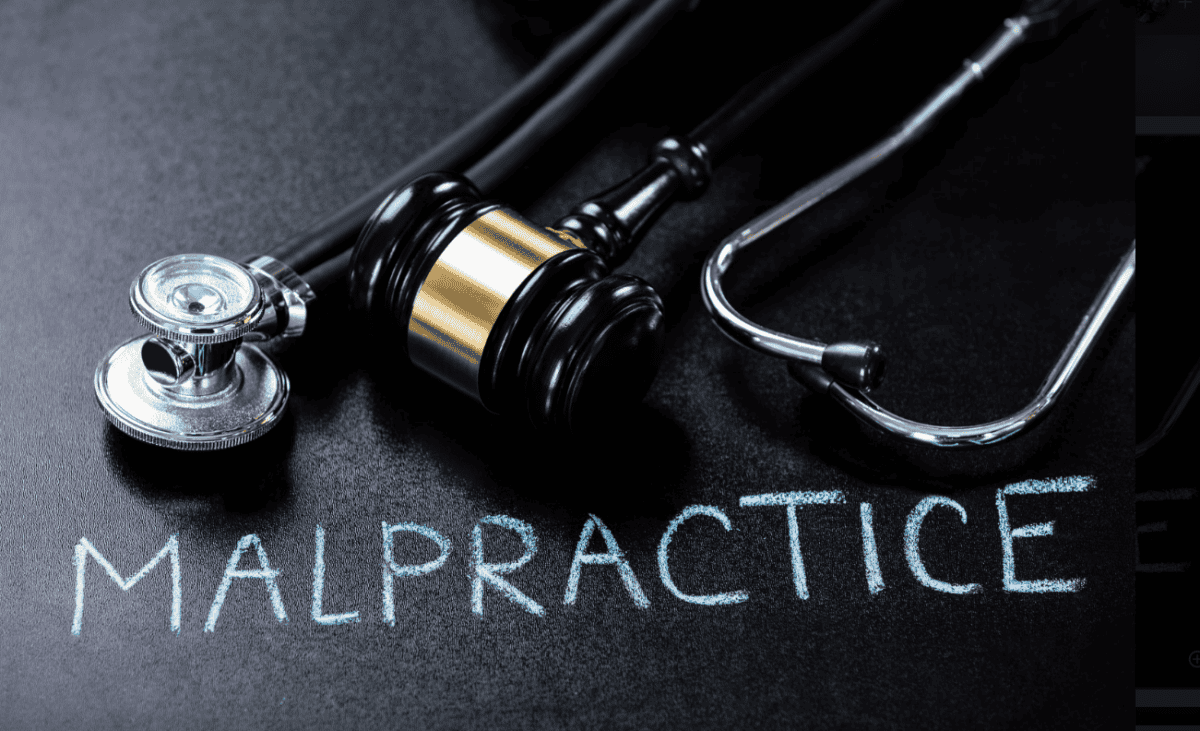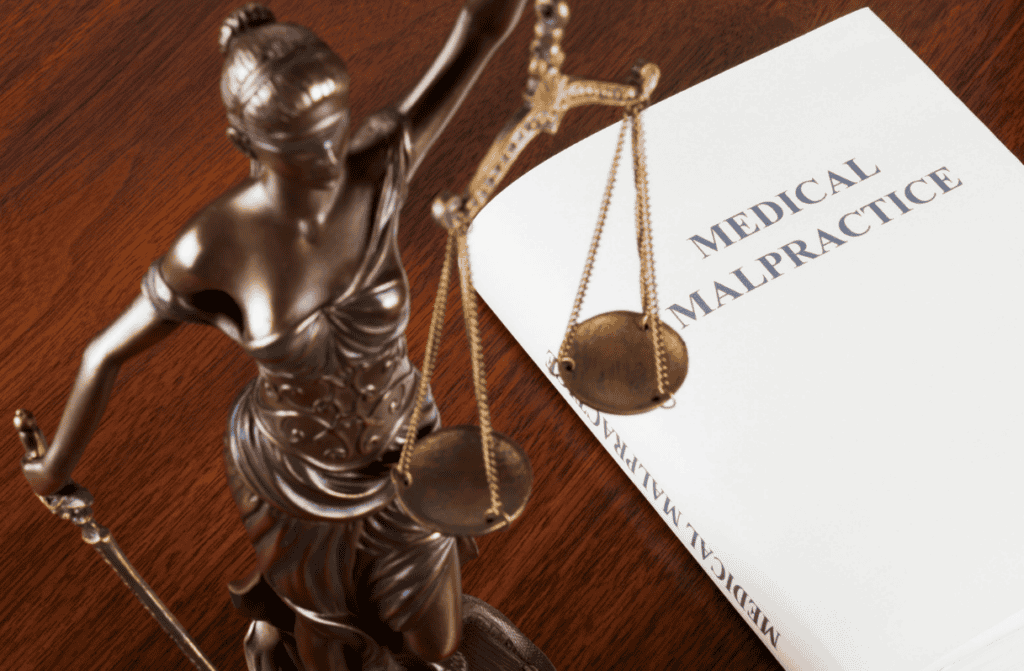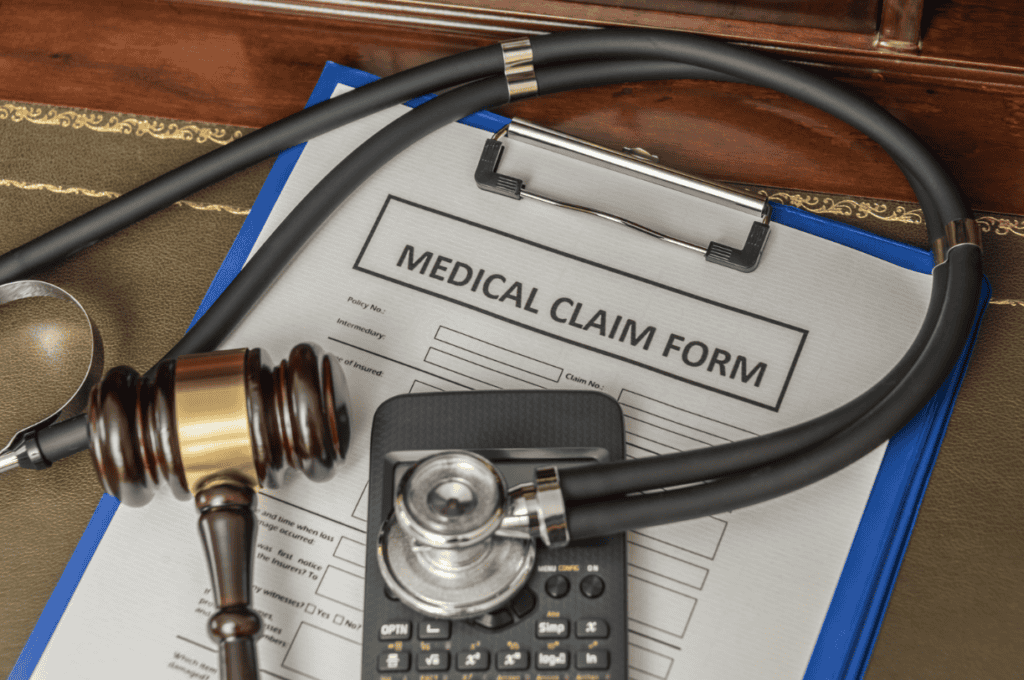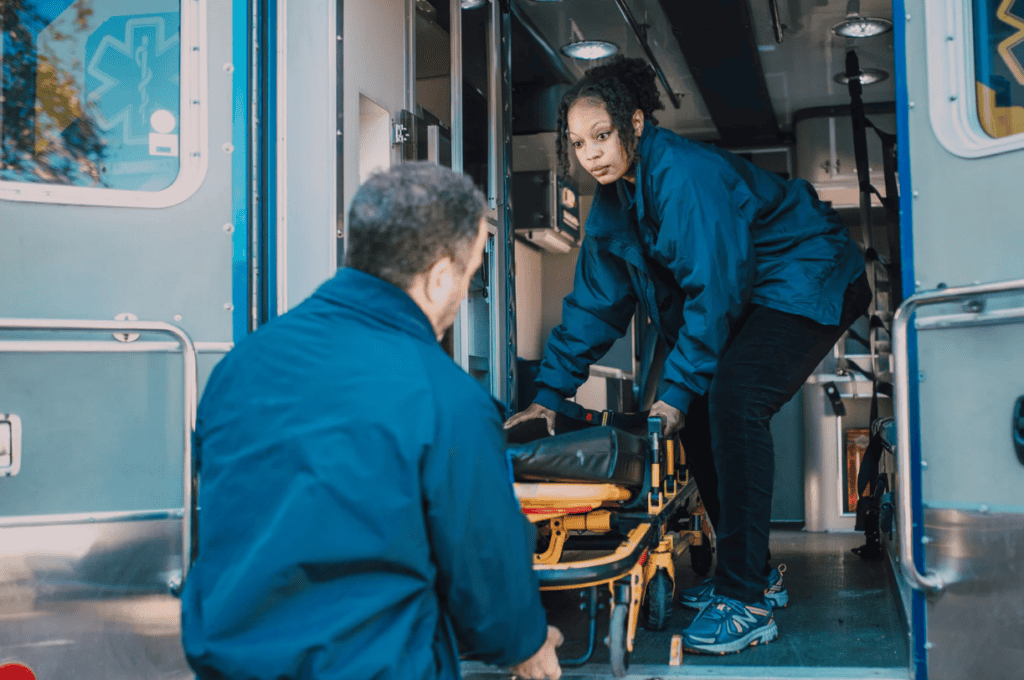Are you looking for effective study habits that are backed by studies in psychology? If yes, this post is for you:
How do YOU study; what’s your preferred method? Do you go about it the traditional way, rereading, highlighting, and cramming for hours upon hours? If you do, do you forget most of it by next week? If you answered yes to either of these questions, it means you’re doing this the hard way and what’s even worse, is that it’s not even effective.
Your brain has its own way of learning and remembering. Once you understand how it works, studying will be a lot easier. Scientists have spent decades on these techniques and they’re far more than surface tips – the study habits you’re about to learn are backed by science and they’re proven to help with retention and focus.
They’ll work for any subject, in any setting. You could be in high school, college, or preparing for a professional exam; this will help you master studying.
Effective Study Habits Backed by Science
If you’re still spending hours with your nose in a book, you’re working way too hard. Thanks to psychology, we now have information on how the brain learns best and how you can apply these strategies to make your studying better and faster.
- Spaced Repetition
If you review learning materials at increasing intervals which have been spread over multiple learning sessions, you’ll get a more efficient learning mechanism which (often) results in memory consolidation (also known as memory retention).
What does this mean in layman’s terms? Don’t cram everything you need to learn in one day. Usually, that’s the night before the actual exam. Instead, do a bit of studying today, then catch up on that same topic a couple of days later, then a week later, and so on. This way you’ll achieve better results. Apple such as Anki and Quizlet will help you with scheduling.

- Active Recall
Active recall means that you will self-test yourself on what you learned rather than simply reading the notes. Retrieval exercise for memory induces the brain to recollect the information that you’ve learned and will help imprint that same memory for longer storage and easier accessibility.
While that might sound like something you’d do on a computer, just think of the fact that the human brain is kind of an organic/biological computer of sorts.
As an alternative (or additional measure). you can use flashcards with questions on one side, and the answers on the other, or even try some practice tests.
- Chunking Information
Chunking means that you’ll break down complicated information into smaller pieces. The brain processes small chunks better than a bunch of information at once.
Say you’re studying some kinds of codes/regulations. It’s better to group/separate them by category (safety rules, standards, etc.) rather than trying to memorize them all at once.
- Pomodoro Technique
Pomodoro is a time-management strategy that helps you stay focused while preventing you from burnout. You limit your learning sessions to short, but intense intervals and you have 5-min breaks in between those. After 4 such sessions, take a longer break (usually between 15-30 minutes). This technique helps you with concentration and it’s proven to keep your energy levels steady (provided you eat healthy, hydrate, and get enough sleep).
- Multisensory Learning
Multisensory refers to using more than one sense. This learning method is all about reading aloud, drawing diagrams, and explaining those concepts to someone else – your cat, a fake plant, a rubber duck – it can be anyone, or anything; it doesn’t matter.
If you use more than one sense while you’re learning, the material will be easier to understand and remember.

Studying Strategies Used in Different Subjects
Not all subjects are the same (or even similar), meaning they cannot be studied using the same approach. Technical courses such as engineering require concentration to develop spatial intelligence and problem-solving skills, so particular students will have to draw diagrams, run through simulations, and conduct hands-on experiences to understand how complex systems work.
But something like history or medicine requires a lot of narrating and may even involve mnemonic devices, for recalling densely packed information. For a creative area, brainstorming sessions are very good as also utilizing techniques such as mind mapping to visualize and organize ideas/knowledge for swifter access.
To be an electrician ready for a professional exam, you’ll require a balanced approach to theoretical and technical learning.
There are plenty of resources like test preps, and every state has them. But also, every state might have different licensing requirements/prerequisites, meaning that if you’re a licensed electrician in the state of Georgia, you might not be allowed to work in Tennessee (and the same applies to any profession).
Here’s a quick look at what you might be looking at if you want to become a licensed electrician across multiple U.S. states, as a comparison.
Georgia: In Georgia, there are two tiers of work permits when it comes to electrical work. Class 1, which is restricted, and class 2, which is unrestricted. Restricted simply means that the electrician is permitted to work on single-phase systems up to 2000 amps. Unrestricted, as the name suggests, allows all electrical work.
In order to get an electrical license, Georgians will need to pass a state-administered exam that covers business, law, and technical electrical knowledge. Imagine how tough passing such an exam can be. The difference between a positive and a negative result will most probably be preparation, and a Georgia electrical license test prep will surely help you with that.
Tennessee: Similar to Georgia, Tennesseans can get two types of electrical licenses – Limited Licensed Electrician (LLE) and Electrical Contractor. LLE is for projects under 25,000 USD in value, while the other is for any exceeding that amount.
If you get a license, you’ll be able to practice in several other states (e.g., Alabama, and South Carolina, etc.) since Tennessee has a reciprocal agreement with those states.
South Carolina: South Carolina has just the one license when it comes to electrical work – Mechanical Contractor with Electrical Classification, which covers all types of electrical work. The state of South Carolina has a reciprocal agreement with Georgia, which is beneficial for contractors living near the border of their state.
What all this means is, there’s no one way of studying that’s the best because fields differ and state regulations and licensing options are different for almost every state. The strategy you’re using for studying has to work for your particular field and even location.
But since you don’t want to waste the time and resources that you invested prior to the licensing exam, plus you don’t want to spend more resources and time to retake it in case you fail, it’s sometimes best to ensure you’ve done all the preparatory steps to ensure success on the first go.
Final Words
Studying is hard no matter how you study. But it doesn’t have to mean that you have to end up drained, frustrated, and exhausted from it only to forget everything you learned the next day.
Take advantage of the breakthroughs in science and apply the strategies to your own life and your way of learning.






























